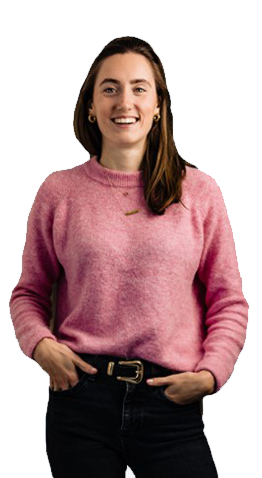Please contact us at the e-mail address below.
Nieuws - 10 May 2022 Reshoring: "For us, the 'shore' doesn't matter!"
Edwin van Diessen is Supply Chain Director at MULTIFIX. He increasingly receives questions from customers whether their production could not take place closer to home. "That is called nearshoring. The production is then moved to Turkey, for example. In terms of cost price, this is usually between China and Eastern Europe. We are constantly looking to see which product is the cheapest, and where. That depends on the availability of raw materials, history and specialization. Greece is a real aluminium country. Turkey, in turn, is good at castings and forgings. And the opposite of that is reshoring.
read article"Our colleagues at MULTIFIX Shanghai and the suppliers they have been working with for years move heaven and earth when we ask. You can hardly get that done in other parts of the world. Although Turkey also has a good work ethic. We are now also establishing contacts there. The time-to-market will then be a lot shorter. In addition, it offers risk diversification."
Why do companies ask for reshoring?
"You need less stock then! Transport times are shorter than with production in China. Governments encourage it through subsidies. It boost employment and it's good for the local economy. For governments and larger companies, the lower CO2 emissions also play a role. Ships still emit a lot of carbon dioxide now."
"Environment is also a driving force behind the popularity of trains as a means of transport. Planes are not environmentally friendly of course. In terms of speed and cost, the train is in between the boat and the plane. A sea freight takes 30 to 35 days to transport, the train 18 days, air freight 3 up to 5 working days."
How does it work in practise?
"A common way of working is a form of 'outward processing'. The first part of the production is then in China. For example, the casting, forging or bending of steel. In the Netherlands you then have these semi-manufactured products processed or coated. This is logical if you can deliver a chair in 40 colors. Only when the customer orders do you know when to deliver which color."
"Example. In the production of cable trees, we cut the wires to a certain length in the Netherlands. We send these to Slovakia to be processed into cable trees. That order has to do with the machines we have here. Of course also with the time and handling that is necessary in this process."
Doesn't the use of robots make it more attractive?
"Definitely. Automation also makes it easier! If you have large series, you can automate them 100%. That reduces the gap between production costs in Asia and the Netherlands. It is a certain degree of efficiency. Also in Asia you see that many factories are using robots and automation nowadays. The hourly wage for a machine is often the same everywhere. A new factory in China is regularly just as modern as in Europe. Full of European machines. You see then that there is little benefit to be gained from offshoring."
"Corona also affects reshoring. Every crisis makes people rethink things and become more critical. That reinforces the demand for reshoring. People are becoming more aware of risks. Many people see China as the source of Corona. It doesn't improve the image! Of course, that says nothing about the production quality. It is still good! If the customer wants to produce closer to us, we will arrange for it. As far as we are concerned, it doesn't matter where the factory is located. As long as the quality is good!"
Do you have another question?

